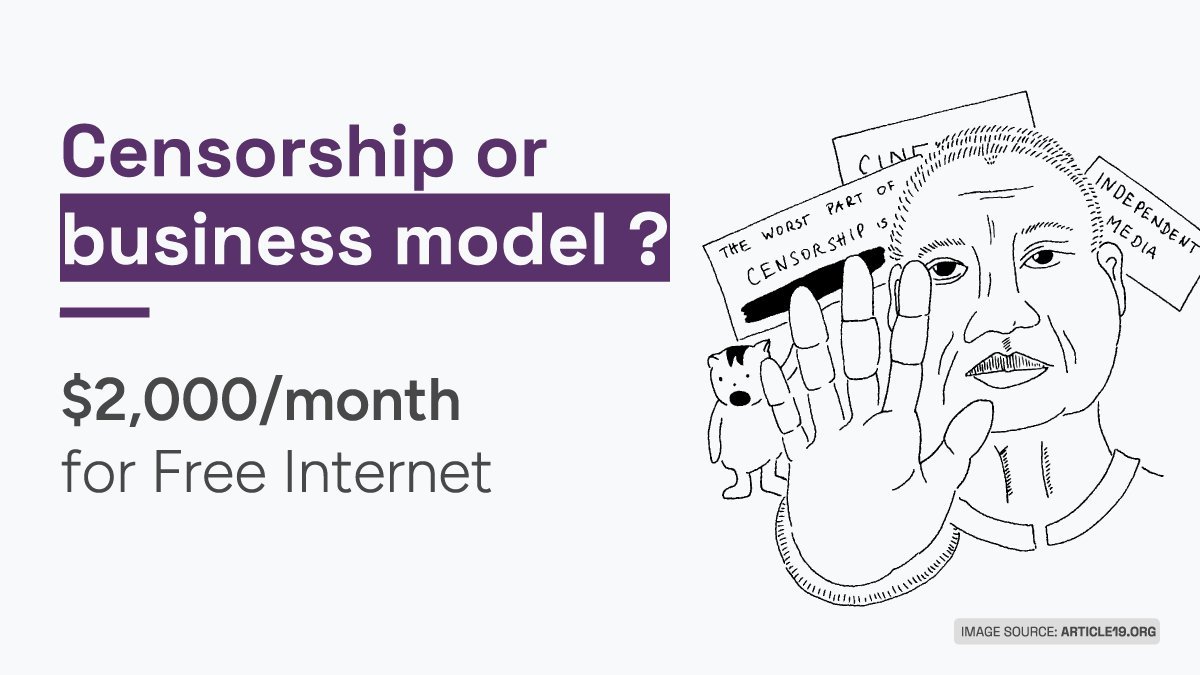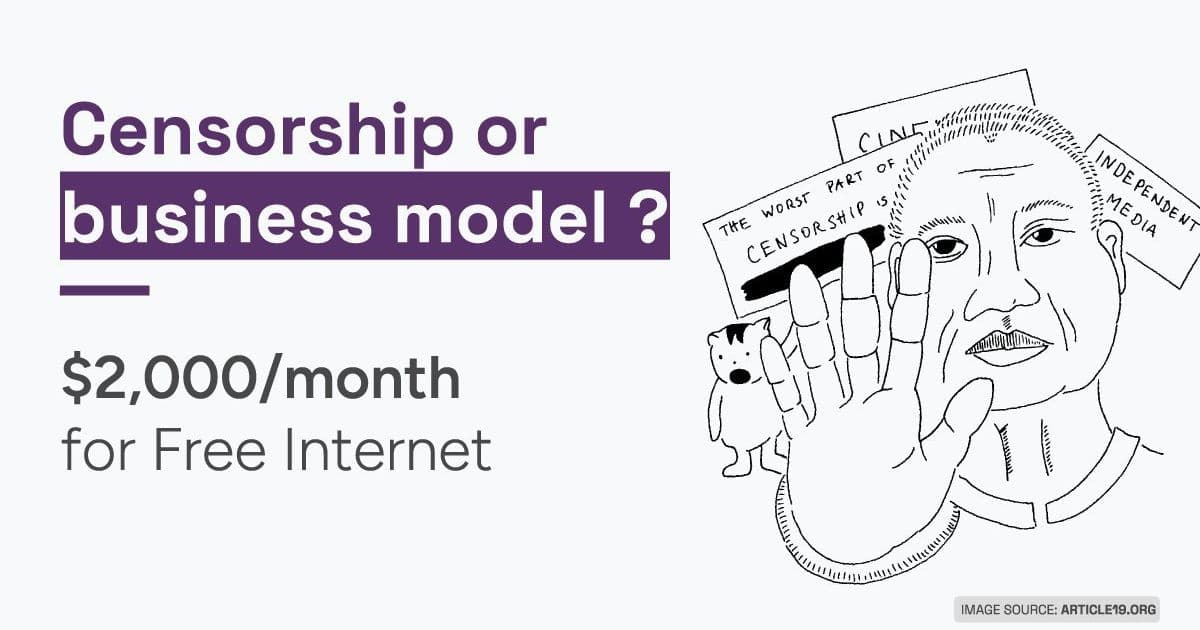An investigation reveals Turkmenistan's cybersecurity agency deliberately blocks global internet access while running a lucrative VPN racket—selling forbidden connectivity back to citizens at exorbitant prices. This systemic corruption exploits digital repression as a revenue stream in one of the world's most closed societies.

In July 2021, a mysterious collapse in Tor network usage from Turkmenistan signaled a disturbing shift in the country's digital landscape. What initially appeared as heightened censorship soon revealed a far more sinister operation: state actors weaponizing internet restrictions to create a predatory business model. According to Tor Project researchers, Turkmenistan's Cybersecurity Department actively blocks access to platforms like YouTube, Facebook, WhatsApp, and Signal while simultaneously selling VPN access to those very services—transparently monetizing digital repression.
The Architecture of Digital Oppression
Turkmenistan ranks among the world's worst offenders for internet freedom, with:
- Near-total blocking of social media, messaging apps, and international news
- Extralegal penalties including forced oaths on the Quran against VPN use and fines equivalent to a month's salary
- Deliberate infrastructure neglect maintaining some of the globe's slowest connectivity speeds
"They are deliberately worsening the state of the Internet to increase demand for their services," notes investigative outlet Turkmen.news, which exposed the scheme.
Unlike censors in other nations who avoid blocking popular platforms to minimize economic fallout, Turkmen authorities exhibit no such restraint. Researchers documented over 122,000 blocked domains and 183,000 blocking rules—evidence of indiscriminate filtration.
The Censorship Racket Exposed
Internal documents and undercover reporting reveal a systematic shakedown:
| Service Tier | Cost (Monthly) | Access Provided |
|---|---|---|
| Basic VPN | $50 (1,000 manat) | Limited browsing (no streaming) |
| Premium | $2,000 | Full unfiltered internet |
This corruption thrives in a climate of extreme authoritarianism. Turkmenistan scores 1/100 on Freedom House's index and ranks 174/180 in press freedom. When journalist Soltan Achilova attempted to accept a human rights award abroad, authorities allegedly poisoned her before forcibly hospitalizing her.
The Illusory 'Internet Amnesty'
A brief respite occurred in mid-2024 when blocks suddenly lifted—dubbed the "Internet Amnesty." Tor Project's website even became accessible. But by December, censorship returned more aggressively than ever. Analysts now recognize this as a calculated business tactic: temporarily easing restrictions before reinstating them to spike demand for the Cybersecurity Department's VPN products.
Implications for Digital Resistance
The case demonstrates:
- Weaponized collateral damage: Where most states avoid blocking essential services, Turkmenistan exploits this as a revenue lever
- Corruption as censorship driver: Financial incentives now actively shape internet policy
- The critical role of tools like Tor: Free, effective circumvention threatens the regime's profitable monopoly
This isn't just about Turkmenistan. It's a blueprint for how authoritarian regimes could transform censorship from ideological tool to revenue stream. As the Tor team concludes: "Blocking Tor wasn't about security—it was about eliminating free competition for their gray-market VPN service."
The ongoing cat-and-mouse game underscores a brutal reality: in closed societies, digital rights require relentless vigilance against those who would commodify freedom itself.

Comments
Please log in or register to join the discussion